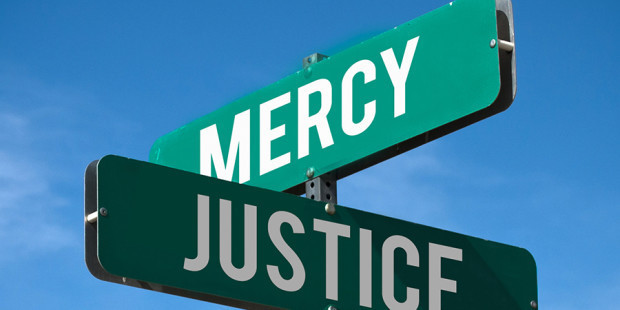Justice relies upon blame, and blame relies upon declaring effective cause. Effective cause is one of four types of causation, according to Plato, the others being material cause, formal cause and total cause. When to comes to matters of human affairs, effective cause is the type that draws a line between Point A and Point B. Our system of justice, accordingly, is fixated upon finding effective cause, declaring guilt, exacting justice and inflicting punishment.
Both direct and circumstantial evidence are used to affix blame and assign guilt. Direct evidence is that which requires no inference. For example, a video recording of an armed theft at an ATM machine is direct evidence. Circumstantial evidence of a theft might include a witness description of the event and the clothing worn by the assailant. If the victim’s wallet is later found in the apartment of the alleged thief, it would be considered more direct than circumstantial evidence, though exactly how it got into the thief’s apartment could be a matter of dispute; perhaps it was planted and is therefore circumstantial. Between direct and circumstantial evidence, a finding of guilt or innocence is made, and judgement declared.
Other than material cause, effective cause is the least complicated, seemingly. “An eye for an eye” sums up the workings of effective cause when it comes to justice; “let the punishment suit the crime.” But in a social system based upon justice, relying upon effective cause leaves little room for mercy. Mercy comes into play upon consideration of total cause.
Total cause encapsulates extenuating circumstances. Extenuating circumstances are always at play in any event, and represent the complexity of history and forces which contribute to our perception of the present moment. The present moment manifests the outcome of an unfathomably large sequence of happenings so complex as to be untraceable; it becomes more and more difficult to affix blame and guilt the deeper we explore total cause.
For example, a poor man’s young child is suffering from a terrible fever. The man has no money, and cannot afford to purchase even a bottle of children’s aspirin. He decides to break into a pharmacy and take a bottle of aspirin; his child then recovers, but the poor man is arrested. According to effective cause and the application of justice, he is guilty of theft. According to total cause, he remains guilty of theft, but the extenuating circumstances lean towards mercy.
A justice system based upon mercy would “punish” the poor man–not by putting him in prison with other poor men who have stolen–but by engaging him within a system including education, restitution, financial and social support in order to bring him back into society in a healthy condition, able to work and to provide for his family. In other words, merciful justice means never giving up on anyone.
Is it better for society to envision justice as imprisonment or reintegration? They both require time, money and commitment, but prison hardens hearts and increases pain while mercy accomplishes the opposite. What we commonly call justice is actually revenge and little more; prison graduates criminals, not healthy citizens.
Our prisons have never been fuller, and our penchant to blame is surging. Life has never been fair, and for most not easy. The world appears to be getting more complicated every day. Now, more than ever, we need mercy–oceans and oceans of mercy.

I think the current movement in the courts that sound like what you are talking about is called restorative justice.
I know there are many judges around that angle their decisions towards ” teaching” and common sense resolutions rather than straight forward punishment.
I also think the whole concept of ” forgiveness” could play a great role in the courts. It would be amazing if we could build ” temples of forgiveness” rather than prisons and I first heard this idea floated by Jack Kornfield.
The principles of punishment must go way back to an eye for an eye sort of thinking. It is almost like a core principle of fundamentalism.